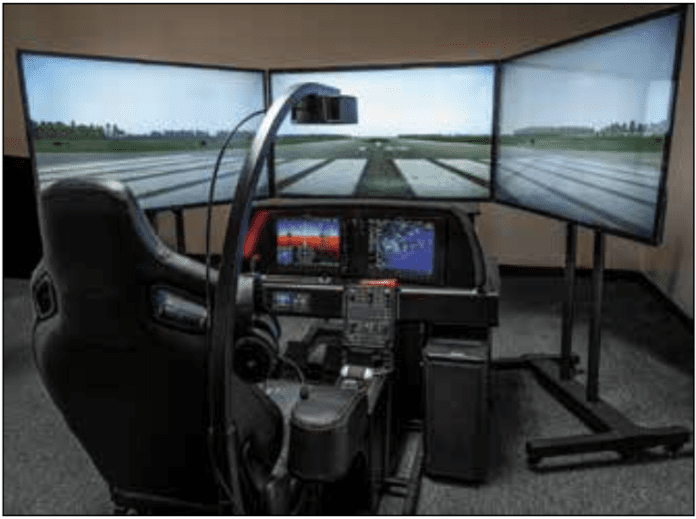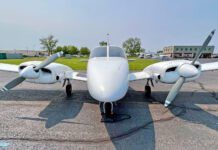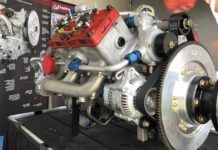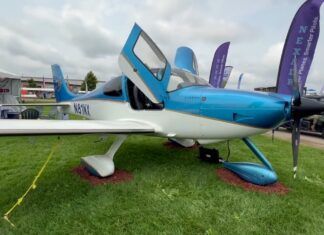HOME CO DETECTORS?
I thoroughly enjoy each and every issue of Aviation Consumer. Recently, when working around the house, I came upon a wall-mounted CO detector. It is battery powered and fairly compact. I was wondering about using it in the plane as a viable CO detector. What are your thoughts on this?
I know you recently did a couple of articles about CO detectors for the plane, but I don’t remember any mention of using a household CO detector. Thanks for your thoughts.
Alan Barton – via email
We’ve thought about this plenty of times, and have seen some pilots fly with household CO detectors. It’s a mixed bag, really.
Mainstream CO detectors tend to be fairly large and clunky, making them awkward to mount in the cockpit, plus they can’t be integrated with aviation apps—something we’re seeing more of with aviation-specific models. But one issue is that household detectors might trigger the warning at higher levels of CO, compared to aviation models. The other thing is that the audio alarm might be a bit confusing on the fly. Some we’ve seen quickly chirp several times followed by several seconds of silence, and then repeat the alert sequence.
We have experience with smart CO detectors from a company called Nest, and while they are modern and indeed smart, we don’t think they’re really appropriate for the cabin. There are just plenty of others that are—and we cover a couple of them in this issue.
AIRCRAFT BATTERIES
Your battery market scan and owner satisfaction survey report in the March 2023 Aviation Consumer was interesting. Like all consumer items today, prices have gone from ridiculous to insanely high—which includes aircraft batteries.
Because of these expenses, I sold my last airplane and gave up my hangar. For me, joining a flying club is the only way to go.
My last project, a Cessna 150, was a long-term rebuild and I did not want to buy an approved battery until I was ready to fly it. In the interim, when I wanted to run the engine, I borrowed my $35 mower battery and it worked just fine. It seemed to spin the engine over just as fast as a certified aircraft battery and was smaller and lighter to boot. At the time I thought that it would be an adequate replacement, although certainly illegal! Keep up the good articles.
Andrew H. Bittinger – via email
Thank you for your thorough reporting on aircraft batteries. My experience was right in line with your survey results. I operate in a hot climate and like many others in your survey, I just can’t keep a battery healthy any more than a couple of years when doing everything right. I follow your advice and use a battery tender and fly as often as I can, which is at least one a week.
I can say that my best luck has been with the Concord brand, although based on your report, I’ll likely invest in an EarthX model when the battery is approved for my airplane.
Roger Radcliff – via email
BUYING SIM TRAINING
Great article on selecting the right recurrent training in the April 2023 Aviation Consumer. I fly a TBM turboprop single and have had both in-plane and simulator training. I completed two sim training sessions at SIMCOM because my insurance requirements only recognized simulator training. Both of these simulator sessions were with instructors that had little to no real-world flight experience in the TBM and were not what I would consider to be very qualified in type.
How about creating some sort of flight training survey?
Steve Seidner – via email
Good idea—we’re on it. In the meantime, if anyone else can weigh in (based on experience), let us know.





